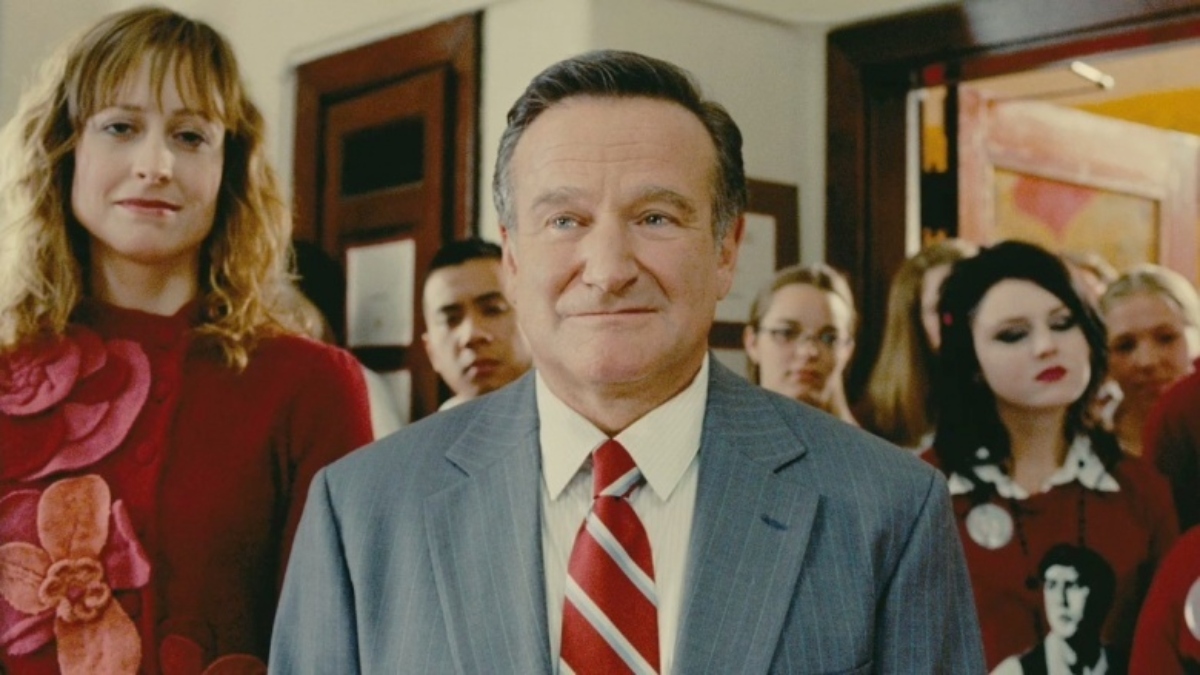
Once the parent company of ChatGPT launched Sora, a social media platform for creating AI-generated videos of anything users imagined, ethical concerns were inevitable. The first to push back was Robin Williams’ daughter, who has firmly asked fans to stop sending her AI clips of her late father, calling them “dehumanizing and gross” — likening them to overprocessed hotdogs.
Tech gurus have already shown how little they plan on moderating content on such platforms — especially when it comes to AI, which allows users to create videos of virtually anything they can imagine. Elon Musk is currently struggling with similar issues on X, where his AI assistant Grok has reportedly spewed Nazi propaganda when provoked by users.
But Sora is far more dangerous. The platform allows users to generate photorealistic videos using the likeness of almost any public figure, producing results indistinguishable from reality. The political ramifications of this are still unknown, but rural areas — particularly in developing nations — remain most vulnerable to misinformation. For now, however, the greatest impact is being felt by celebrities and their families.
Robin Williams’ daughter, Zelda Williams, took to Instagram Stories on Oct. 6 to issue a public statement:
“Please, just stop sending me AI videos of Dad. Stop believing I wanna see it or that I’ll understand, I don’t and I won’t. If you’re just trying to troll me, I’ve seen way worse, I’ll restrict and move on. But please, if you’ve got any decency, just stop doing this to him and to me, to everyone even, full stop. It’s dumb, it’s a waste of time and energy, and believe me, it’s NOT what he’d want.”
According to The Guardian, Zelda isn’t the first celebrity to warn against the use of their likeness to say things they never said. Earlier this year, as Kanye West continued his disturbing rants against the Jewish community, a video emerged featuring celebrities like Adam Sandler, Jerry Seinfeld, and Scarlett Johansson calling for an end to hate speech. It might have seemed like a welcome message — except it wasn’t real. It was AI-generated. Johansson warned that this growing trend poses “imminent dangers.”
The industry term for such content is “deepfake.” The only reason many can still tell these videos are fake is because, for now, they’re mostly being used for jokes. You can easily spot something off — like hearing Robin Williams say something completely unlike him, or simply remembering that he’s no longer alive.
But it’s only a matter of time before this technology is weaponized politically. And with no oversight or guardrails in place, the threat is real. When you combine that with the fact that politicians like Donald Trump have repeatedly dismissed real news as fake, we could soon reach a point where the public sees a shocking video — and there’s no way to know quickly enough whether it’s real or not.
Zelda Williams added with a finality on the matter, “And for the love of EVERYTHING, stop calling it ‘the future,’ AI is just badly recycling and regurgitating the past to be re-consumed. You are taking in the Human Centipede of content, and from the very very end of the line, all while the folks at the front laugh and laugh, consume and consume.”







